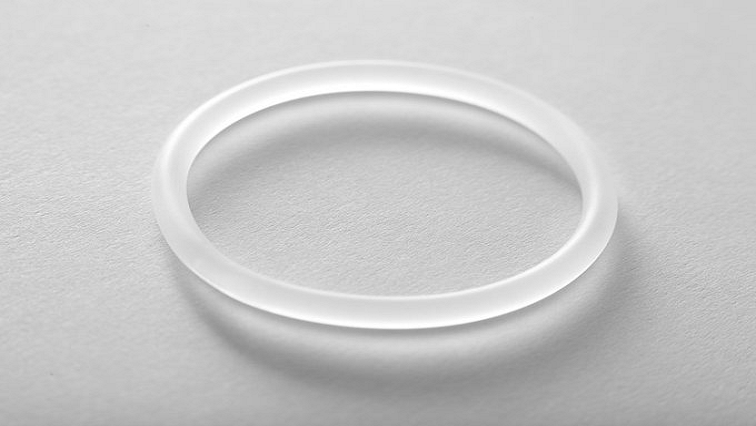A vaginal ring has moved one step closer to becoming a new HIV prevention method for women in sub-Saharan Africa. This comes after Europe’s regulatory body gave the dapivirine vaginal ring the green light.
The vaginal ring has showed that it reduces chances of HIV transmission by 35% in women.
The authorisation allows the International Partnership for Microbicides, the manufacturers of the vaginal ring, to obtain approvals for the ring to be used in countries where it is needed the most – including in South Africa.
Empowerment of women
The ring, which can be inserted and removed by the woman herself, slowly releases an antiretroviral (ARV) drug called dapivirine into the vagina – the potential site of HIV infection – for a month.
Researchers say it will empower women to make decisions to protect themselves from HIV infection, particularly where they can’t negotiate condom use and often with violent intimate partners. With hundreds of young women infected with HIV in South Africa each week, the news of the approval of the vaginal ring have come at a crucial time.
“Today’s opinion means that women who urgently need new HIV prevention options may soon be able to use a long-acting method that they can use privately and on their own terms. This has been a major gap in the HIV prevention portfolio and that is why IPM developed the ring. We have many more steps to go but we have never been closer to making this ring available to women who need it the most,” says the founding Chief Executive of the International Partnership for Microbicides, the manufacturers of the vaginal ring, Dr Zeda Rosenberg.
Landmark in HIV prevention
The principal investigator for South Africa on The Ring Study, Professor Linda Gail Bekker, from The Desmond Tutu HIV Centre, has described the developments as a landmark in HIV prevention. She says she hopes the World Health Organisation will urgently organise implementation steps.
“The trial ended some time ago and we’ve obviously been working with the European Medicines Regulatory Agency for some time. I’m very happy that finally the approval is through and it now means we can move forward with this important prevention option for women. Of course we are hoping the SA government will embrace this as well.”
Women welcome the study
South African women are overjoyed that after over a decade of research – the vaginal ring will give African women their first long-lasting HIV prevention tool. The clinical trials involved women from four African countries, South Africa, Zimbabwe, Uganda and Malawi.
“This is such great news for women in SA, women in Africa, and women globally. This has been a very long journey to have an HIV prevention method that works for women but now more than ever we have to push for our government to approve this ring that will prevent HIV infection in young women. For the women who participated in these trials you are our heroes,” says the leader of the Advocates for the Prevention of HIV in Africa Yvette Raphael.
Rolling-out of the vaginal ring
Welcoming the news, the National Health Department says it will start with the regulatory processes in preparation for the roll-out of the dapivirine vaginal ring in South Africa.
“So what we will have to do in SA is to ensure that while we are waiting for pre-qualification from WHO as well as quality assurance processes. We need to start our regulatory processes in the country. We need to start the communication so that everybody knows what is happening because once that is done then we are able to find a way to roll out. That shouldn’t be a problem you know trying to get regulatory approvals and so on because the clinical trials have already shown that it works,” says Director of HIV Prevention Programmes in the National Health Department, Dr Thato Chidarikire.
Current HIV prevention methods are condoms and an oral pill, pre-exposure prophylaxis, which is taken prior to exposure to HIV. However, both are not long-lasting unlike the vaginal ring.
South Africa has been commended for playing a big role in the research.





